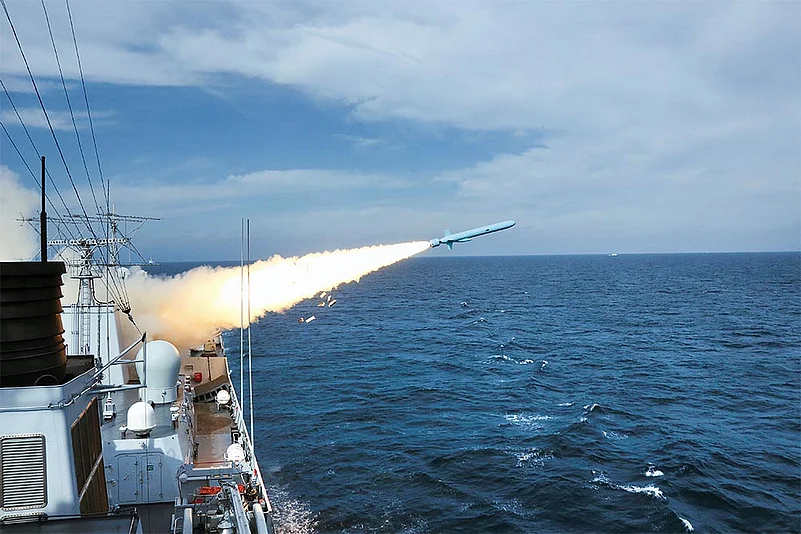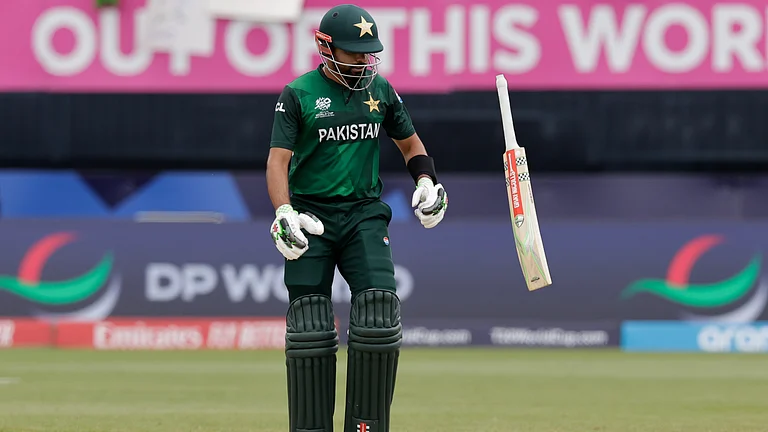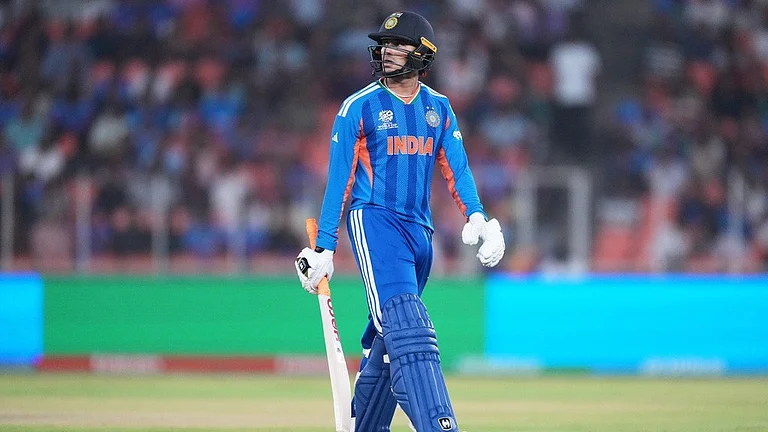Balochistan, where China has sunk in $46 billion to build the China Pakistan Economic Corridor, connecting Gwadar port with Xinjiang—a key infrastructural piece of President Xi Jinping’s one-belt-one-road project—is fast showing signs of becoming a new headache in the already uneasy Sino-Indian relations.
The Chinese leadership is busy battling a move by the US and its allies to keep a possible mention of the ongoing tension in the South China Sea at the G20 Summit in China’s Hangzhou on September 4-5. Beijing has been lobbying with member countries, including India, not to be a party to the West-initiated move. Balochistan was hardly an issue China expected India to raise—it not only adds fresh strains on the frayed India-Pakistan ties but also has the potential of drawing China into it.
“This will not help Pakistan to become a normal country. And it will also further disturb India-China relations,” Hu Shisheng, director of South and South East Asia at the Beijing-based China Institute of Contemporary international Relations (CICIR) told the IANS news agency in a recent interview.

Interestingly, China has not reacted officially to Modi’s remarks but used Hu, a known hawk in the Chinese scholarly establishment, to raise concerns. The worry that India may also use non-state actors in Balochistan, as Pakistan does to export terror to India, and thus jeopardise the multi-billion dollar CPEC infrastructure, drawing China into the fray to protect its prized project, was highlighted by Beijing through Hu.
“Perhaps China is now testing the water through Hu’s remarks. But in the coming days it may use it as part of its agenda in bilateral discussions with India,” says Srinath Raghavan of Delhi’s Centre for Policy Research. “But I think it was an unnecessary issue that the Indian government could have avoided. Now, the Chinese may also join Pakistan in accusing India of creating disturbances in Balochistan.”
China is already concerned over the growing defence ties between India and the US, particularly in the NDA regime. The Logistics Exchange Memorandum of Agreement (LEMOA) has been agreed on in principle by India and the US and may soon be signed. This, along with statements that India had been making with the US and its allies like Japan and Australia on the South China Sea crisis, where China and several of its neighbours are locked in a dispute over territorial rights, has been worrying Beijing.
The recent strategic and commercial dialogue held in New Delhi between India and the US could not be comforting for the Chinese leadership in the current situation. It awaits India’s role at the G20 on this critical issue, a mention of which in the final statement may act as a spoiler to the Chinese party.
Under normal circumstances, Hangzhou, one of China’s most popular tourist attractions and home to the famed ‘West Lake’ and Jack Ma’s e-commerce behemoth Alibaba, should have been the perfect setting for leaders of world’s top economies to meet and deliberate on how best to rejuvenate a slugish global economy that has shown little signs of recovery.
Since November last year, the capital city of Zhejiang province on China’s southeastern coast, has undergone a massive facelift to play host to the G20 Summit. All together, 651 infrastructure projects, covering environmental treatment, airport expressway and hotels for the state’s guests, have undergone a renovation. Even the Chinese Academy of Fine Arts’ help had been sought to beautify the city’s landmark, the West Lake, with an artistic conception of Chinese wash painting in mind.
How many billions of dollars have been spent towards this is a matter of speculation. But President Xi and the Chinese leadership had been making an all-out effort to showcase to the world a modern nation with the underpinning of an ancient civilisation. A contentious issue like the South China Sea, especially a demand by the other members asking China to accept the Hague International Arbitration Tribunal’s ruling in good faith, would strike a discordant note.

Balochis protest for their rights in Germany
China has been working overtime for the past several weeks with G20 members to convince them to avoid raising issues like China’s territorial disputes with its worried neighbours in the South China Sea at the Summit. Its deputy foreign minister, Li Baoding, was quoted as saying that the consensus among members of the group was to “focus on economic development and not to be distracted by other political and diplomatic disputes”.
But many experts feel that it is essential for the G20 to mention the South China Sea crisis in its statement. “If it does not figure in the statement it will be a big defeat for the US,” says former Indian foreign secretary Kanwal Sibal. “It will then have a demoralising effect on other countries in the region about the US’s diminishing role in Asia,” he argues.
But despite concerns about China, Modi also needs its active support on investment in India’s infrastructure as well as making common cause on a number of key issues affecting both countries—like demanding global structural reforms in the IMF and World Bank for a greater say in policy matters for emerging economies. Moreover, when India plays host to the BRICS Summit in October in Goa, he does not want a China smarting from a slight suffered at the G20 gathering.
“India’s approach ought to find that balance between flagging the South China Sea issue and the anxiety of some Asean states, even while publicly ‘saving face’ for the host,” says C. Uday Bhaskar, director, Society for Policy Studies. He adds, “One presumes that India will convey its concerns to Beijing at the official or ministerial level in the spirit of Asean candour, but still remain sensitive about not embarrassing the host in public,” he adds.
Foreign policy watchers in India and abroad would watch keenly if PM Modi manages to strike that delicate diplomatic balance in Hangzhou.





















